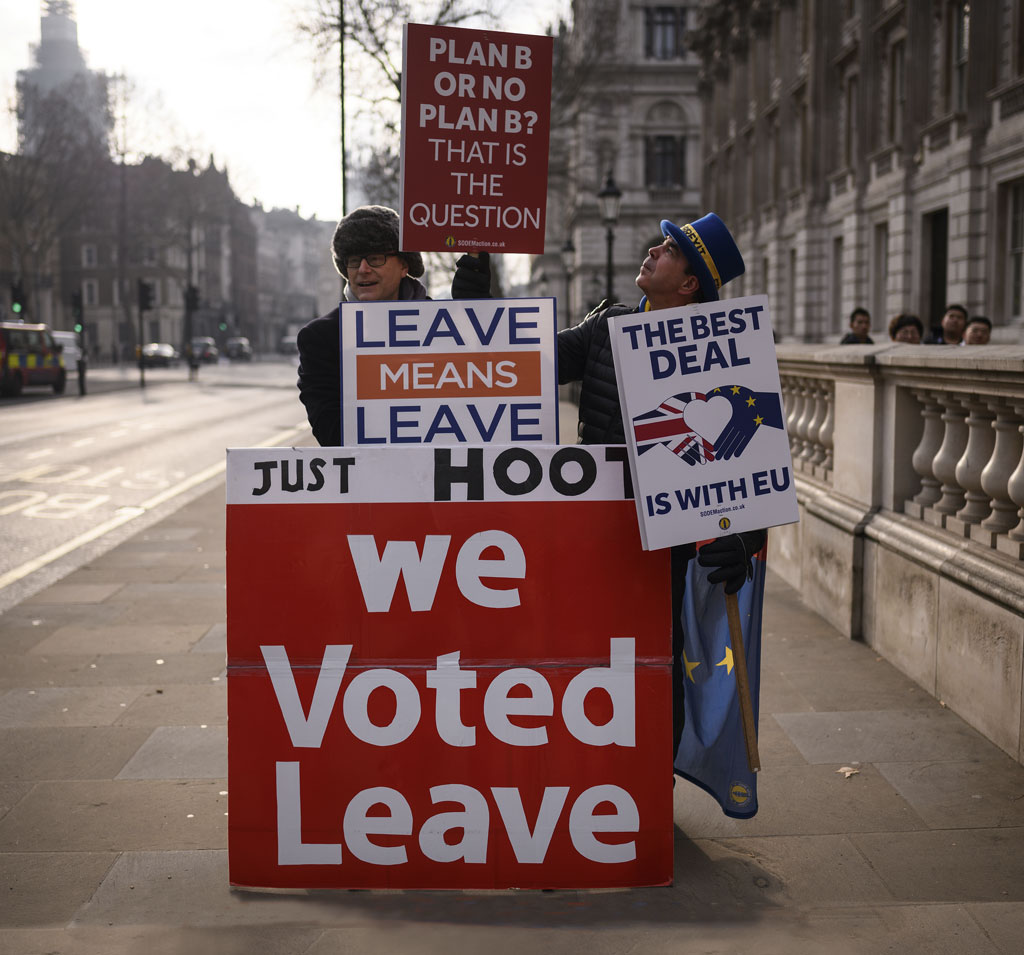
All the Brexit noise is drowning out the substantial constitutional challenges and changes that the government and Parliament are working through in the Brexit process. One of the main challenges seeks a complete reversal of our constitutional machinery.
Famously (or, for some, infamously), the UK has a largely unwritten constitution, but is probably better described as uncodified since some parts are written. A codified constitution establishes broad principles but, even in its presence, much of the democratic process relies upon unwritten commitments on the part of all stakeholders to the institutions of democracy. In many parts of the world, that commitment is challenged.
The UK democratic process works on the basis that the elected government proposes and Parliament dispenses. The government introduces draft legislation and Parliament decides whether to amend the draft and/or pass the legislation into statute. Amendments can make substantial change to legislation but cannot effectively wreck it. Similarly, the government proposes an annual budget









